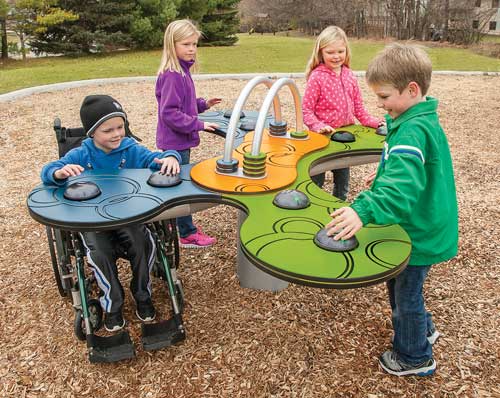
People with disabilities are not
their diagnoses or disabilities;
they are people, first.
Kathie Snow
Disability is Natural
Articles
Creating Positive School Experiences for Students with Disabilities By Amy Milsom
How to Talk to Kids About Disabilities
Tips for Talking to Your Child About Learning Disabilities
BULLYING AND DISABILITY: An Overview of the Research Literature by Fred Pampel, PhD
13 Tips on How to Talk to Children About Diversity and Difference
Changing How We Talk About Disabilities- GREAT Quick reference
Attitudes and Language – From Disability is Natural
Tools
Disability Awareness Activity Packet
Disability Lesson Plans from Learning to Give
Promoting Disability Awareness and Acceptance In Childhood By Anne Borys
How to Explain Disability to a Child
Content Provided by: United Cerebral Palsy of Greater Indiana
“Whether you’re explaining a disability to a child who has one or to a non-disabled child, the following key concepts should be kept in mind” advises Ava L. Siegler, Ph.D. in Child Magazine.
Compassion: Show a child you fully understand what a hurtful thing a disability can be.
Communication: Explain as much as you possibly can about the disability so a child does not become frightened by the unknown.
Comprehension: Make sure a child understands that the disability is never the child’s fault.
Competence: Convey the sense that even though a disability is very hard to deal with, a child with a disability will make progress and learn to do new things.
Suggested phrases to use when explaining a disability to a child:
Age of the Child When speaking to a child with a disability When speaking to a child without a disability 2 to 4 We don’t know why, but sometimes children are born without everything their bodies need, and that’s what happened to you. That means you’re going to have to work harder and we’re going to work hard to help you. Most children like you are born with everything they need, but sometimes children are born without everything they need. Sometimes they need crutches or wheelchairs or braces to help them do what you do naturally.” 5 to 8 “It’s really tough when your body can’t do everything you want it to do. It’s not fair that you have to work so hard to make your body do what you want. But everyone has some activities that are easy for them, and some that require more effort. You have this problem, but you’re lucky to have lots of talents, too.” “Kids are all different, and they have different strengths as well as things that are harder for them. Some things that are easy for you to do are very difficult for other children to do. It takes a lot of courage for kids with physical disabilities to keep trying and working at it.” 9 to 12 It’s a bad break for you to be born with a disability that makes things harder. But remember your abilities, too and work to strengthen them. It’s natural sometimes to feel angry but try not to give up. Whenever you see someone with a disability, remember that even though they are having a hard time, they’re still kids who need friends and understanding.

